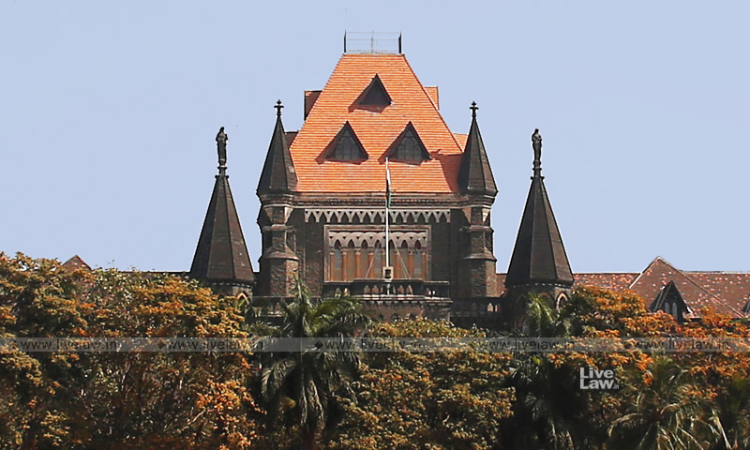The Bombay High Court has held that the reliefs canvased under Sections 19 to 22 of the Domestic Violence Act are predominantly of the civil nature and there is no infirmity in filing a civil appeal against an order passed under the said provisions. The observation was made with respect to a case whereby two separate proceedings filed by a wife, one for divorce under the...

